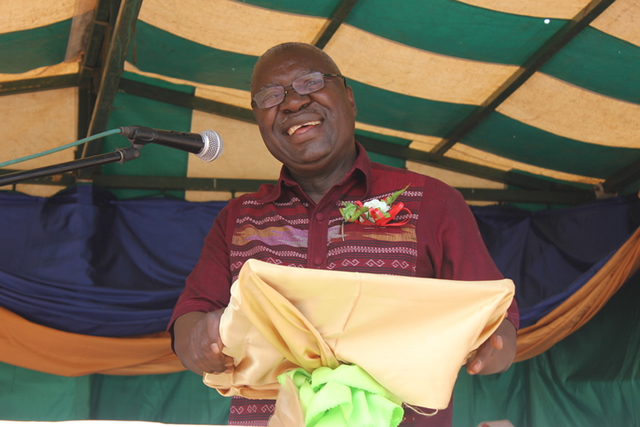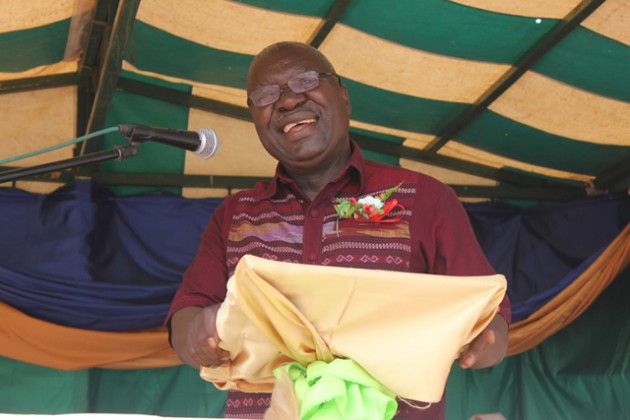Zesa may not sell $1bn debtors’ book


Energy and Power Development Secretary Mr Partson Mbiririri
Golden Sibanda Senior Business Reporter
GOVERNMENT is yet to make a decision on the disposal of more than $1 billion worth of ZESA Holdings debtors’ book amid concerns that the sale may realise a grossly discounted price.
Energy and Power Development secretary Partison Mbiriri said Government and the Reserve Bank of Zimbabwe have not made a decision to sell the debtors’ book due to price concerns.
“It is not a decision we make, it a decision that the Ministry of Finance and the Reserve Bank make. As things stand, there are challenges converting that to paper,” Mr Mbiriri said.
“What happens sometimes when the paper gets flogged on to the market at low prices to its value, you end up getting newer problems. So it certainly remains a challenge,” he added.
Mr Mbiriri said that given the prevailing macro-economic environment, the debtors’ book could be sold at discount price.
The Energy and Power Development secretary was responding to questions from journalists during a tour of Kariba South extension project and assessment of late water levels last week.
Zimbabwe Electricity Transmission and Distribution Company, a unit of Zesa Holdings, managing director Engineer Julian Chinembiri, hinted last year that the company was mulling selling its debtors’ books to banks.
Government has in the past issued Treasury Bills to hive off $1,3 billion debt from the Reserve Bank of Zimbabwe’s books.
This time around, buyers would purchase the debtors’ book to take ownership of what is owed to Zesa, but potentially significantly cut the purchase price and then recover the full amount themselves from the customers.
ZESA wanted to sell its debtors’ books to banks at a discount and be paid the lump sum while the financial institutions would recover the full amount owed by consumers.
As of last year, ZESA’s transmission and distribution unit was owed $300 million by domestic users, $27 million for public lighting, $244 million by mines and industry, $351 million by retail companies and $75 million by commercial farmers among the long list who owe it.
ZESA is in the process of installing prepaid meters with over 500 000 units having already been installed in the first phase, which targeted, predominantly, the domestic users of electricity.
The power utility is in the process of acquiring an additional 160 000 prepaid metres to cater for outstanding customers and also putting commercial users on smart metres.
It targets to put over 800 000 customers on prepaid by 2018 in line with targets set in Government’s medium-term economic blueprint, the Zimbabwe Agenda for Sustainable Socio-economic Transformation covering the period 2014 to 2018.
It is expected that the intervention will prevent accumulation of debts by customers through post paid consumption of power.
Despite now deducting part of what it is owed by each of the customers already on prepaid system when they purchase power, ZESA has struggled to reduce the outstanding amount.
This has deprived the power utility of the income it requires for capital intensive maintenance of transmission and distribution equipment, let alone invests in generation capacity.










Comments